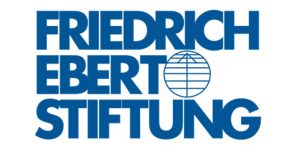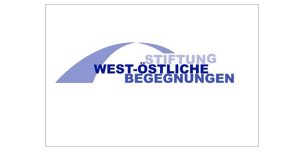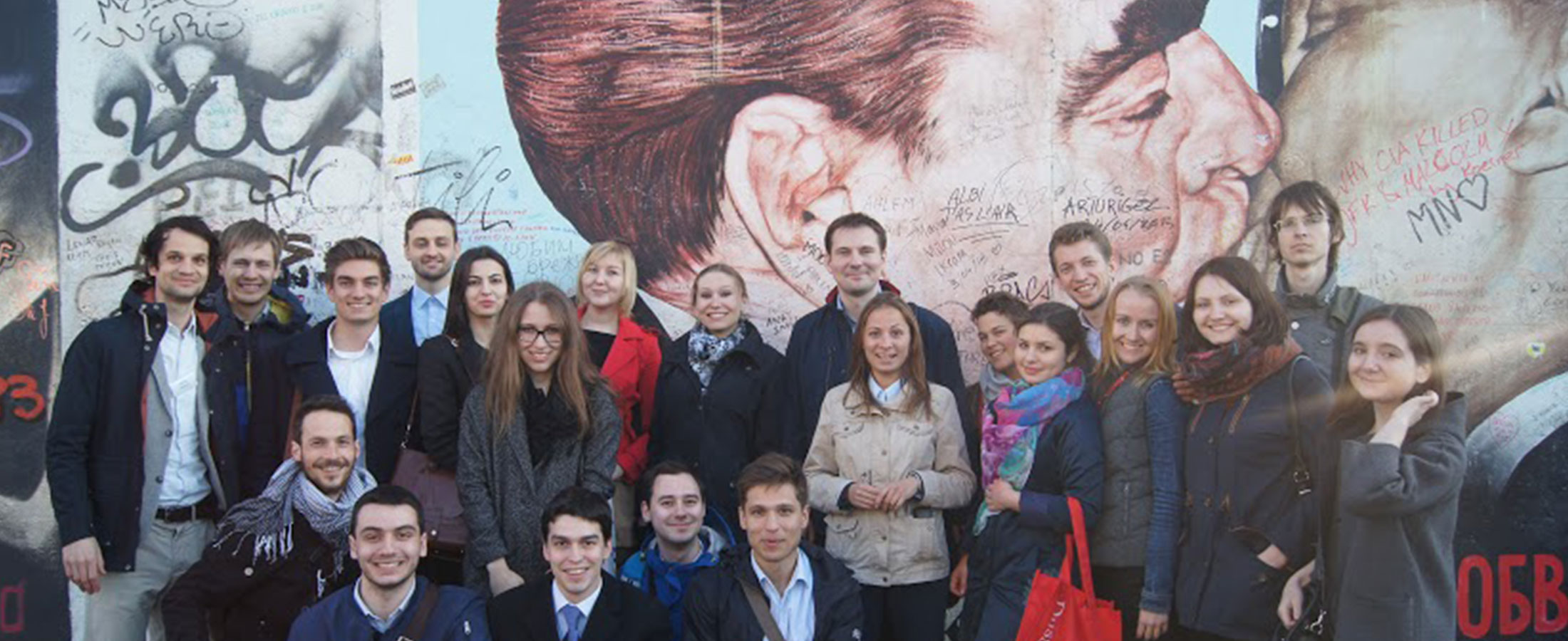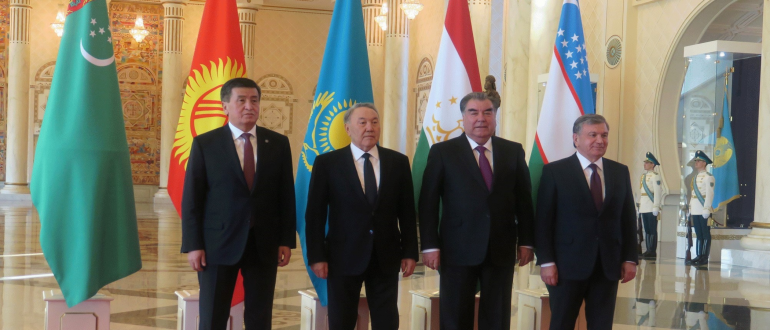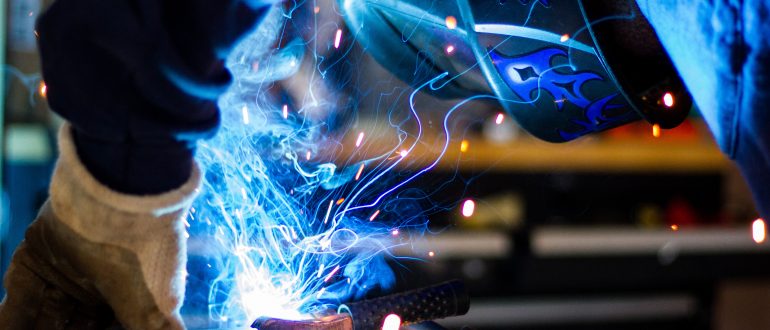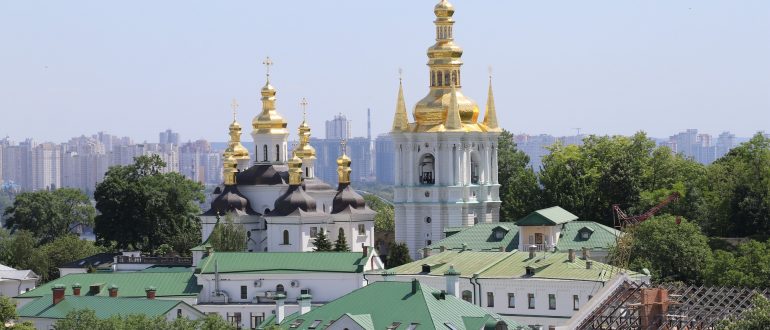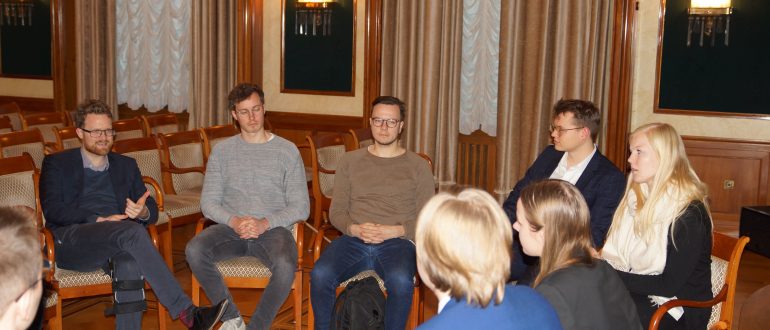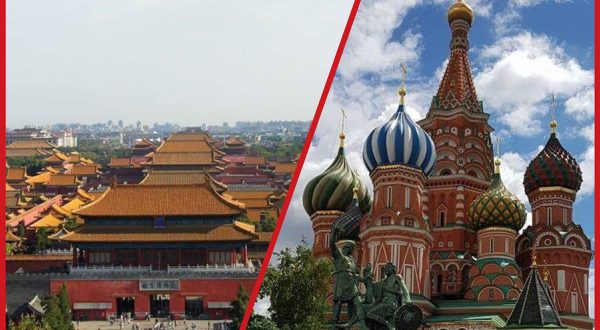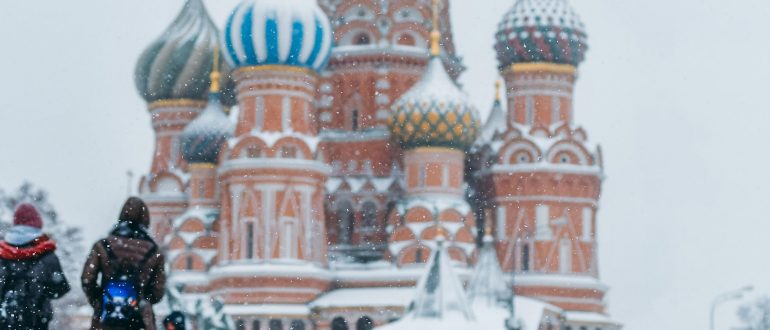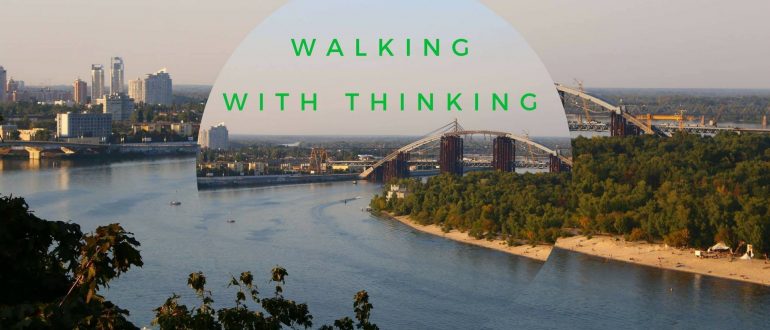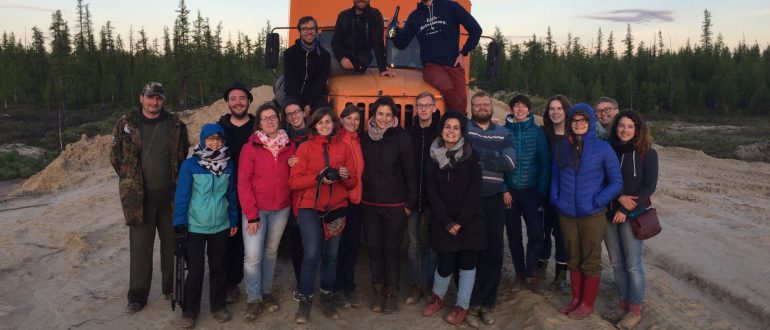What is the issue we address?
One applicant described the deep split cutting through Ukraine by quoting his father, who used to say:
“I am 60% Russian and 40% Ukrainian. If there is going to be a war, I would have to fight from Monday to Tuesday on the Russian side and then go shoot in the opposite direction from Friday to Sunday”.
What are the reasons for this split? How do the Media report on the cleavages dividing Ukraine and tearing Europe apart? What are the possible solutions to this conflict? The answers to these questions are quite different depending on personal, cultural and national backgrounds of the individual asked about it – even in academia. This is why we launched the peace talks. The peace talks were held from May 1st to May 4th and represented the first cornerstone of our project series on conflicts arising from power struggles in the postsowjet space.
Further Details
Program / Comprehensive Project Description
Conference Report
How do we work?
Under the heading “Exploring Common Ground for Genuine Dialogue: Trilateral Peace Talks between Ukraine, Russia and Germany”, we gathered 30 participants from all countries involved in order to develop a common understanding. The first part of the conference was devoted to conflict management. In order to avoid clashes on a personal level, we offered a workshop on “resolving interpersonal conflict” (Msc. Rima Maria Rahal). On this basis, experts from the Berlin Center for Integrative Mediation (CSSP) explained the structures and resources necessary for “political conflict transformation”. Thus, participants were equipped with the tools and knowledge needed for building peace on a personal and inter-state level. In the second part, we moveed on to the conference topics: root causes, media coverage and possible solutions. Each panel was led by one external expert and three participants (one from each country) who held short presentations. After each panel, we summarized the discussion in working groups and prepared a presentation for the closing event. During the closing event at the BMW-Stiftung Herbert Quandt, the working groups presented their results to stakeholders, representatives of civil society and interested citizens.
The conference was organized by Viktoriia Palii, Yulia Yarina, Johannes Klein, Malvin Oppold and David Schlutz (see program).
Please address any questions to malvin.oppold@ifair.eu.
(c) Titelbild:
Current Status:
Planning of follow-up-event in 2017.
Who supports us?
The conference was financed by the Friedrich-Ebert Foundation, the Foundation West-Eastern Encounters, the Hertie-Foundation, ZF Friedrichshafen AG, Stadler GmbH and the Catholic Bernese Church Community. The conference featured guests from Moscow (Prof. Irina Busygina, MGIMO), Kiew (Oleksandr Holubov, Deutsche Welle) and Germany (Prof. h.c. Peter W. Schulze).
